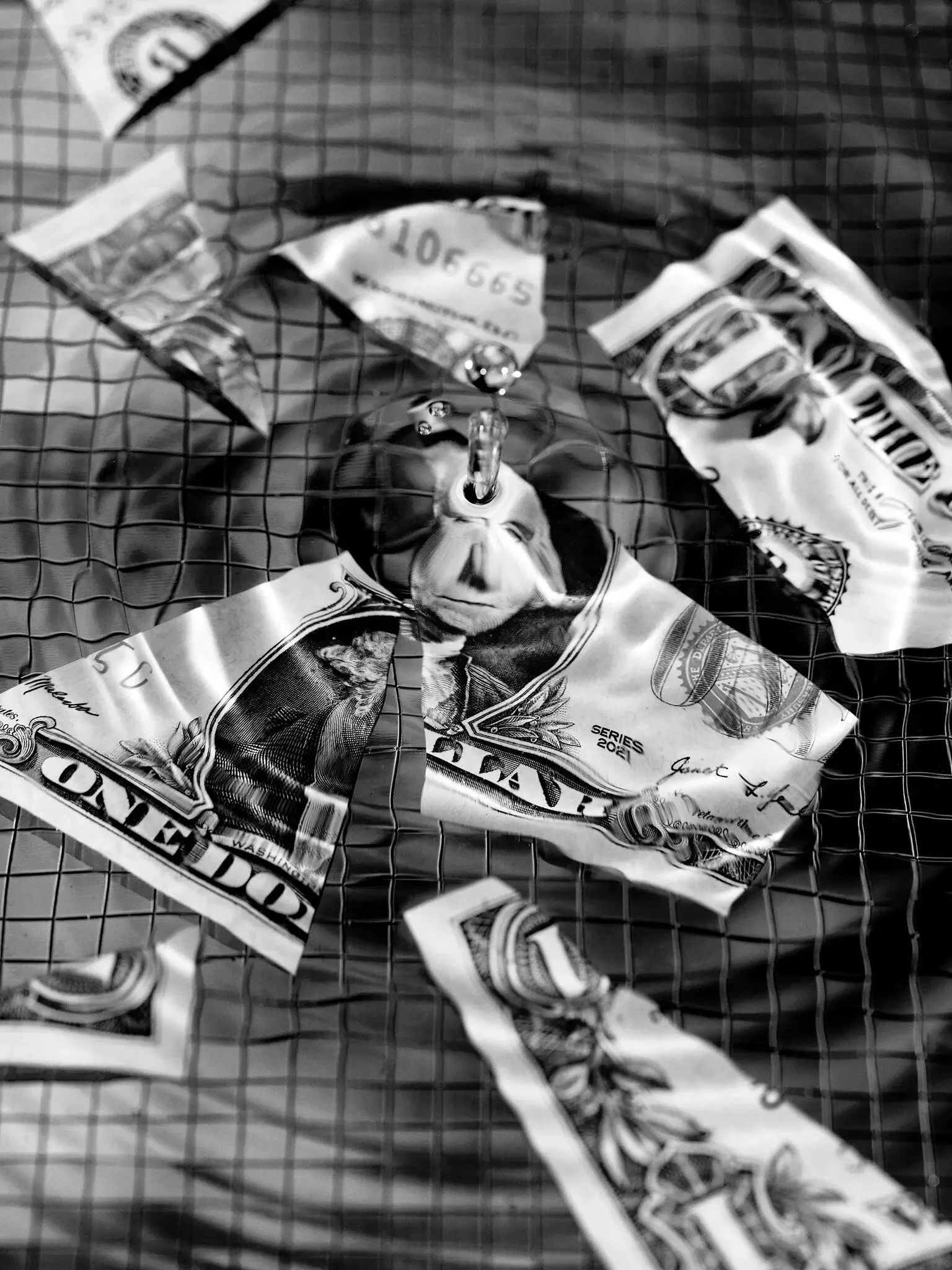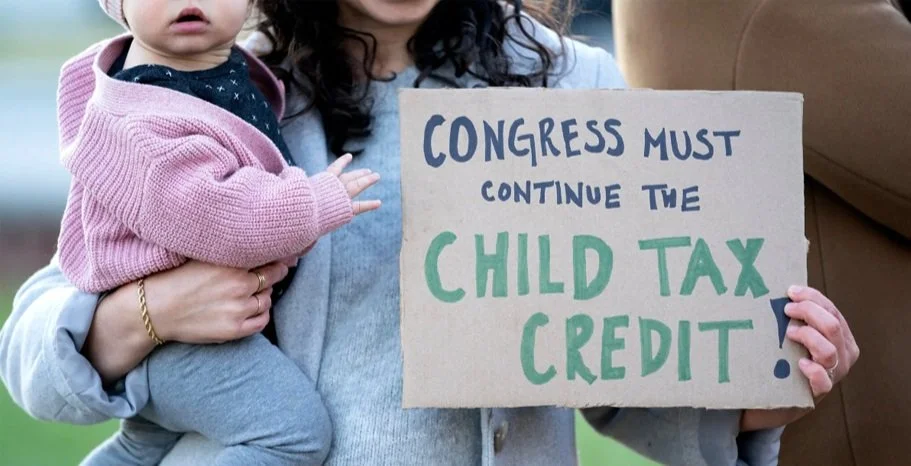We Both Served as Treasury Secretary. We Know This Bill Is Dangerous.
By Robert E. Rubin and Lawrence Summers
We were members of Bill Clinton’s economic team when the federal budget was balanced, the only time that has happened in more than half a century. In nearly every respect, the Trump administration’s approach is the opposite of what worked in the 1990s — and it poses huge risks to our economy.
If You’re Worried About the Future of Our Country, Do Something About It
By Robert E. Rubin
In the early 1990s, when I was a co-senior partner at Goldman Sachs, younger people sometimes asked me for advice. I told them, “First, become really good at what you do, and then branch out to get involved in activities and issues in the wider world beyond your work.” Widespread engagement is especially needed, and especially powerful, at a time when democracies like ours face threats from autocracies abroad and intense social and political strain at home.
The Enormous Risks a Second Trump Term Poses to Our Economy
By Robert E. Rubin and Kenneth I. Chenault
The two of us have been involved in business, government and policy for many years, with more than a century of experience between us. We’ve worked with elected officials and business leaders across the ideological spectrum. And we believe a straightforward assessment of Mr. Trump’s economic policy agenda — based on his public statements and on-the-record interviews, such as the one he recently conducted with Time magazine — leads to a clear conclusion. When it comes to economic policy, Mr. Trump is not a remotely normal candidate. A second Trump term would pose enormous risks to our economy.
Robert Rubin on Ken Auletta’s “The Underclass”
By The New York Times
The former Treasury secretary, whose new book is “The Yellow Pad,” says that Ken Auletta’s “The Underclass” convinced him that “trying to break the cycle of poverty through policy and through private efforts is not just right for moral reasons, but is enormously in the interest of all.”
Robert Rubin: A Plan to Help Kids Without Increasing Inflation
By Robert E. Rubin and Jacob J. Lew
We both served as secretary of the Treasury, and we have been associated with economic policies that are fiscally responsible and invest in our future. It is our strong view that Congress should act this year to ease the financial strain on low-income families raising children and that these policies should be paid for in a package that reduces the deficit. This is not just morally right but is also a critical investment in our nation’s economic future.
Robert Rubin: Borders Won’t Protect Your Country From Coronavirus
By Robert E. Rubin and David Miliband
The coronavirus has hit the poorest the hardest, but until recently, they have mostly been in wealthy countries. Now, even as the pandemic continues to claim lives in high-income countries — and especially the United States — it’s spreading with ferocity in lower- and middle-income countries. The virus has infected at least 1.5 million people in Brazil and claimed more than 60,000 lives there. India ended June with around 600,000 cases; it started the month with just under 200,000.
Robert Rubin: Philosophy Prepared Me for a Career in Finance and Government
By Robert E. Rubin
When I arrived at Harvard in 1956 as a freshman, I felt overwhelmed academically. Unlike many of my classmates who had gone to rigorous private schools, I graduated from a Florida public school that in those days rarely sent kids to elite colleges in the North. Even after four years of high school French, I couldn’t pass the exam to get out of the entry-level class at Harvard. In math, I was relegated to the remedial course.
Robert Rubin: The Smart Way to Help Ex-Convicts, and Society
By Robert E. Rubin
I recently gave a talk at the state prison in San Quentin, Calif. At the event, a former inmate said, “I don’t understand why over the 18-year period of my incarceration, over $900,000 was paid to keep me in prison. But when I was paroled, I was given $200 and told ‘good luck.’ ”








